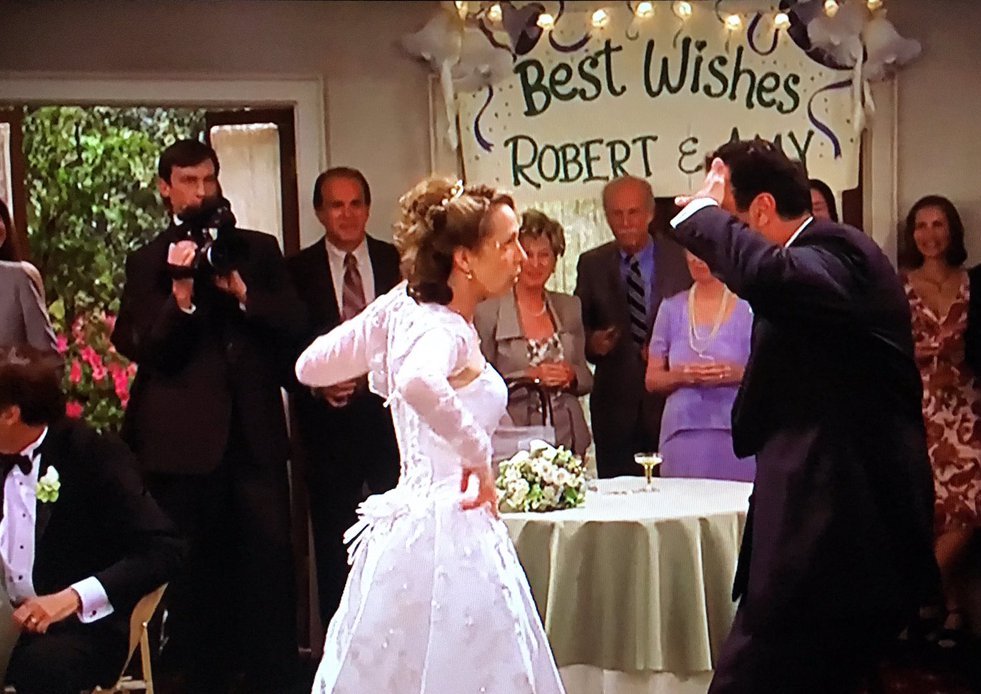A mumps outbreak in the US among a majority of vaccinated wedding guests is raising questions about the waning immunity of the MMR vaccine in adulthood
A mumps outbreak in the US among wedding guests, most of whom were vaccinated, is raising questions about the waning immunity of the measles mumps rubella (MMR) vaccine in adulthood.
The case, recently published by the US Centers for Disease Control (CDC) in its Morbidity and Mortality Weekly Report, involved 62 individuals with mumps, all of whom were traced back to a single asymptomatic wedding attendee.
The asymptomatic case, who picked up the disease from her job in childcare, didn’t start experiencing jaw tenderness and ear pain until one day after attending the wedding, where she reported sharing drinks and dancing with fellow guests.
The authors noted that while highly contagious, mumps can remain asymptomatic for an incubation period of anywhere between 12 to 25 days.
But more surprisingly was that more than 65% of the individuals infected traced in this case study were MMR-vaccinated according to the current guidelines.
“It is likely that waning of vaccine-induced immunity contributed to this outbreak, because approximately two-thirds of patients had received two doses of MMR vaccine, and the median patient age was 35 years,” the authors said.
The outbreak, which lasted just over three months, was controlled by isolation of ill individuals and a community-wide MMR vaccination campaign, the authors said.
Professor Peter McIntyre, paediatrician, infectious disease specialist, and public health physician at the University of Sydney and University of Otago, said the US case was unusual.
“The US report where cases arose during close contact at a wedding is probably a bit of a one-off, as weddings where one attendee was a childcare worker recently in contact with a child who had mumps but was asymptomatic, will be rare,” he told The Medical Republic.
Mumps is caused by the airborne Rubulavirus which is spread by droplets of contaminated saliva, often by coughing and sneezing.
As at 25 June this year, there were 107 notified cases of mumps in Australia, compared with 171 cases of mumps notified for all of 2019.
But unlike the US case, Australia has only experienced mumps transmission among vaccinated individuals in residential settings, such as university colleges and remote Indigenous communities.
Professor McIntyre said that while Australia experiences a low number of mumps cases, a third dose of the MMR vaccine was recommended during localised outbreaks of the disease.
According to the Australian Immunisation Handbook, if an individual has been vaccinated twice against MMR in their lifetime, they are considered to be adequately protected against the disease.
But the Department of Health also recommends that providers administer the MMR vaccine to adolescents and adults who have been incompletely vaccinated, or do not have evidence of immunity to mumps.


